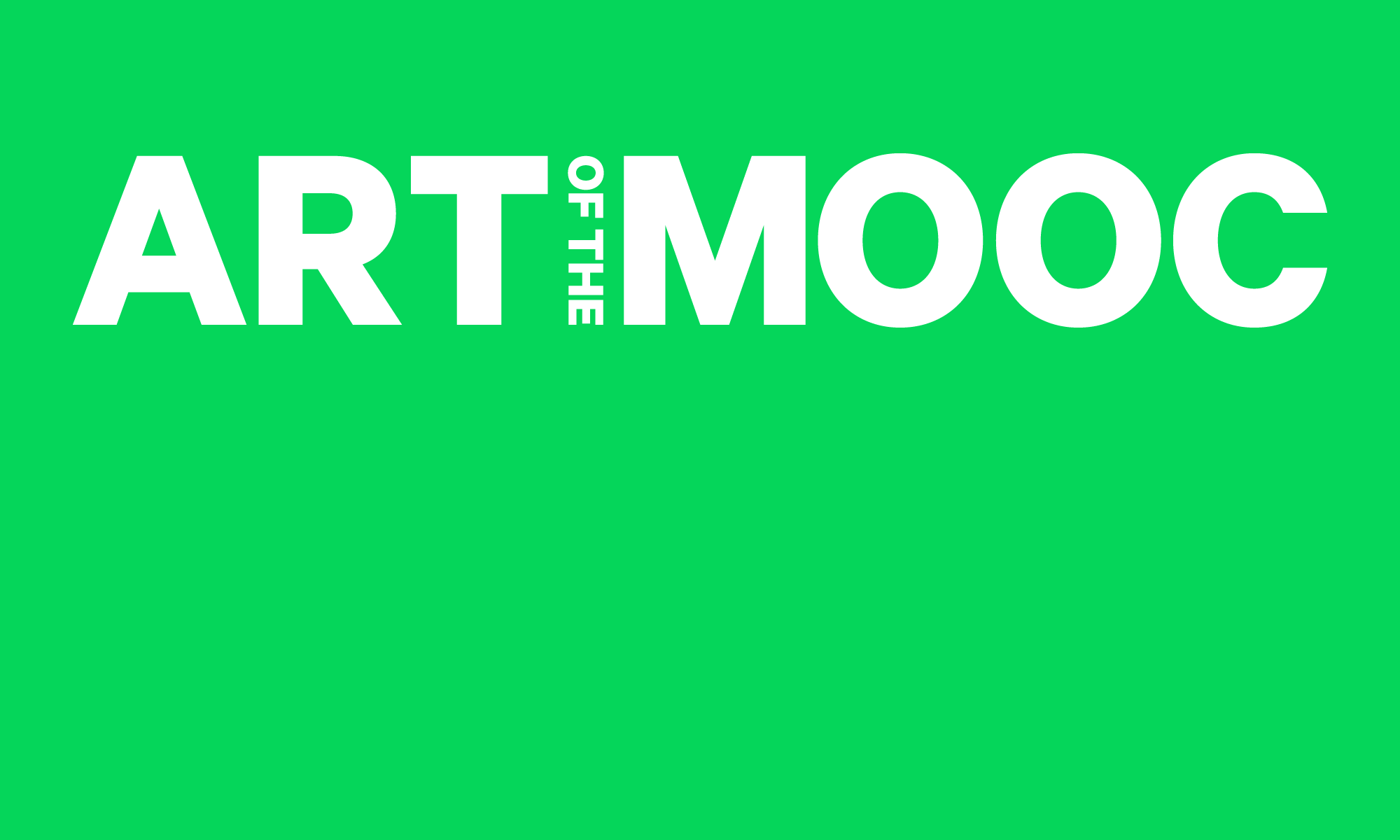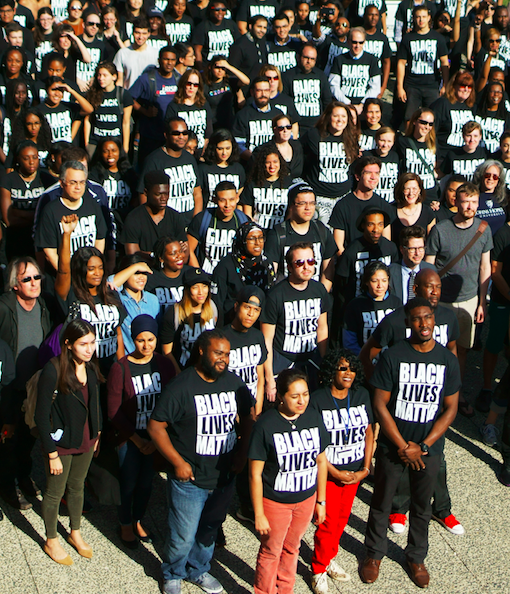Lasch’s video “Media as a Social Form: Fictions, Alternative Structures, and Mock Institutions” piqued my interest and encouraged me to analyze more critically how people can use media—specifically, social media—as an art form and, more importantly, a conduit of social activism. Considering social media’s ubiquitous presence in today’s era, I was inspired to ponder the question, “Can social media be used as a form of activism?”
Looking back at the past few years, one can conclude that social media has proven itself to be an indispensable tool for activists. Most recently, the #MeToo was all that was necessary for sexual assault victims to bring to light the normalization of sexual assault. Additionally, Twitter helped catapult the Arab Spring; Facebook organized the Women’s March after the 2016 election; Black Lives Matter began as a hashtag in response to police brutality against African Americans. Through social media, you can easily contribute from the comfort of your home. You can help spread awareness, voice your opinions, share a video or petition, like a post and leave a harsh comment. However, does this truly make you an activist?
Social media often gives off the impression that people care. Posting on social media can fabricate a false facade of a progressive activist. The same people liking long diatribes about President Trump tend to be the same individuals refraining from voting and meaningful engagement. So while social media can be used to bring awareness, it, alone, is not necessarily enough to bring social impact. To enact real change—for whatever cause it may be—we must keep on caring, fighting, and holding ourselves and others accountable. Not by liking hashtags and scrolling through Instagram.


